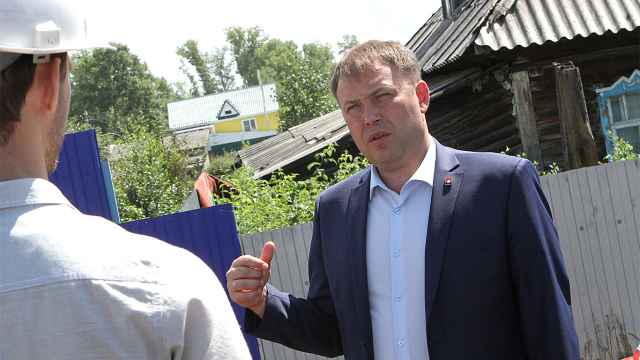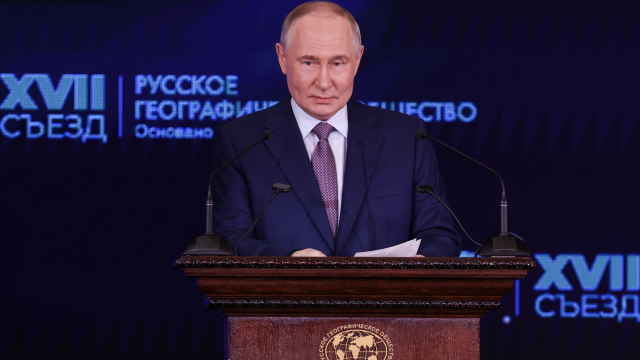Police investigators in Russia’s Kaliningrad region on Monday discovered the decapitated body of the CEO of a local fertilizer company.
The chief executive, Alexei Sinitsyn, is believed to have died by suicide, according to a law enforcement source cited by the Vedomosti business newspaper.
Investigators told state news agencies that Sinitsyn’s body was found with an attached towing cable under a bridge outside the city of Kaliningrad. They said they were establishing the circumstances of his death.
Sinitsyn, 43, was the CEO of K-Potash Service, which has been developing the Nivensky-1 potassium-magnesium deposit in Kaliningrad since 2014. The ambitious project was originally planned to be launched in 2021, but has since been pushed back to 2032.
Former Kaliningrad region Governor Anton Alikhanov, who now serves as Russia’s Industry and Trade Minister, once touted the Nivensky-1 deposit project as one that could make the region a global leader in chlorine-free fertilizers.
According to corporate filings cited by the investigative outlet Agentstvo, the Dutch-registered company Vyrex B.V. owns K-Potash Service outright.
Authorities have not yet publicly commented on Sinitsyn’s death.
A Message from The Moscow Times:
Dear readers,
We are facing unprecedented challenges. Russia's Prosecutor General's Office has designated The Moscow Times as an "undesirable" organization, criminalizing our work and putting our staff at risk of prosecution. This follows our earlier unjust labeling as a "foreign agent."
These actions are direct attempts to silence independent journalism in Russia. The authorities claim our work "discredits the decisions of the Russian leadership." We see things differently: we strive to provide accurate, unbiased reporting on Russia.
We, the journalists of The Moscow Times, refuse to be silenced. But to continue our work, we need your help.
Your support, no matter how small, makes a world of difference. If you can, please support us monthly starting from just $2. It's quick to set up, and every contribution makes a significant impact.
By supporting The Moscow Times, you're defending open, independent journalism in the face of repression. Thank you for standing with us.
Remind me later.






